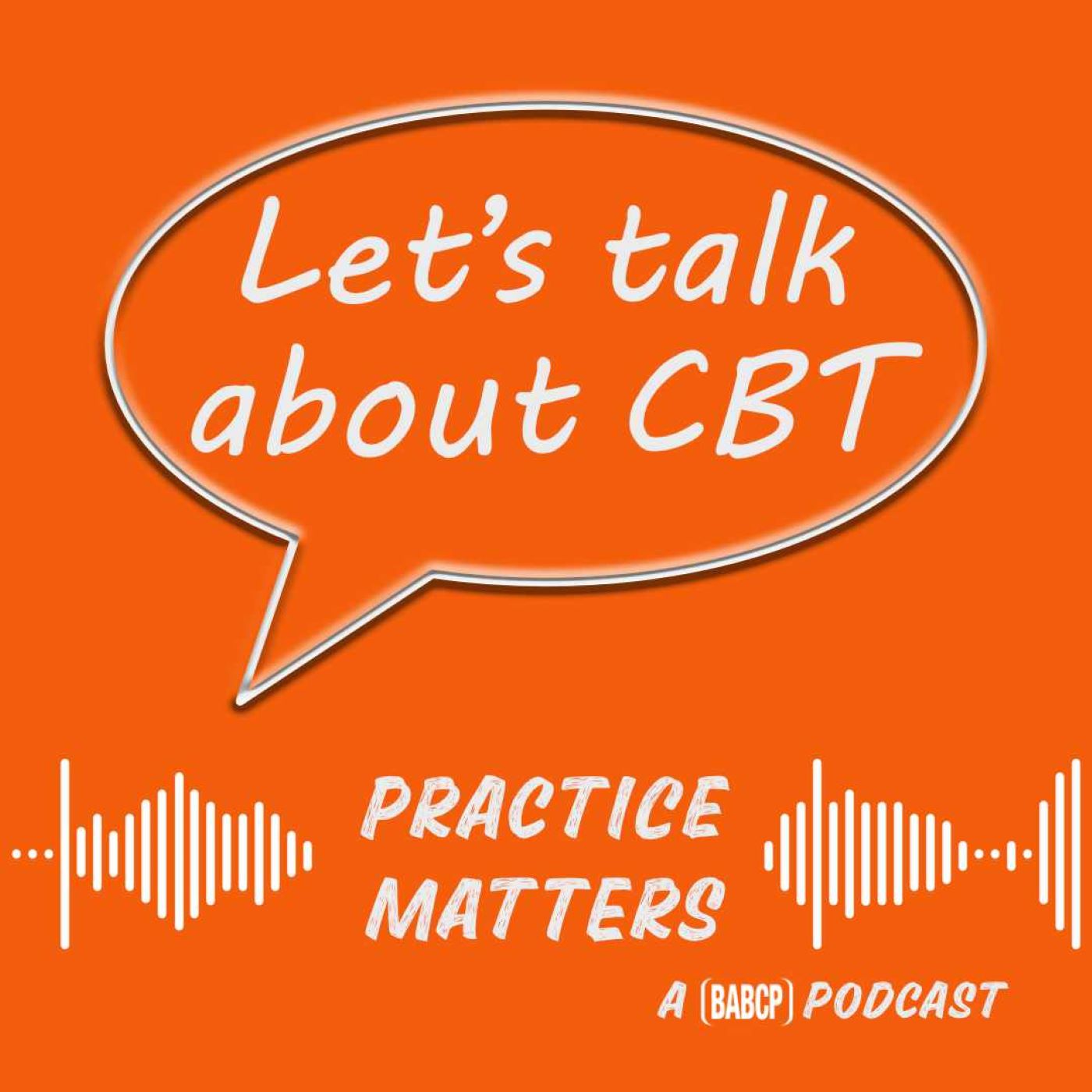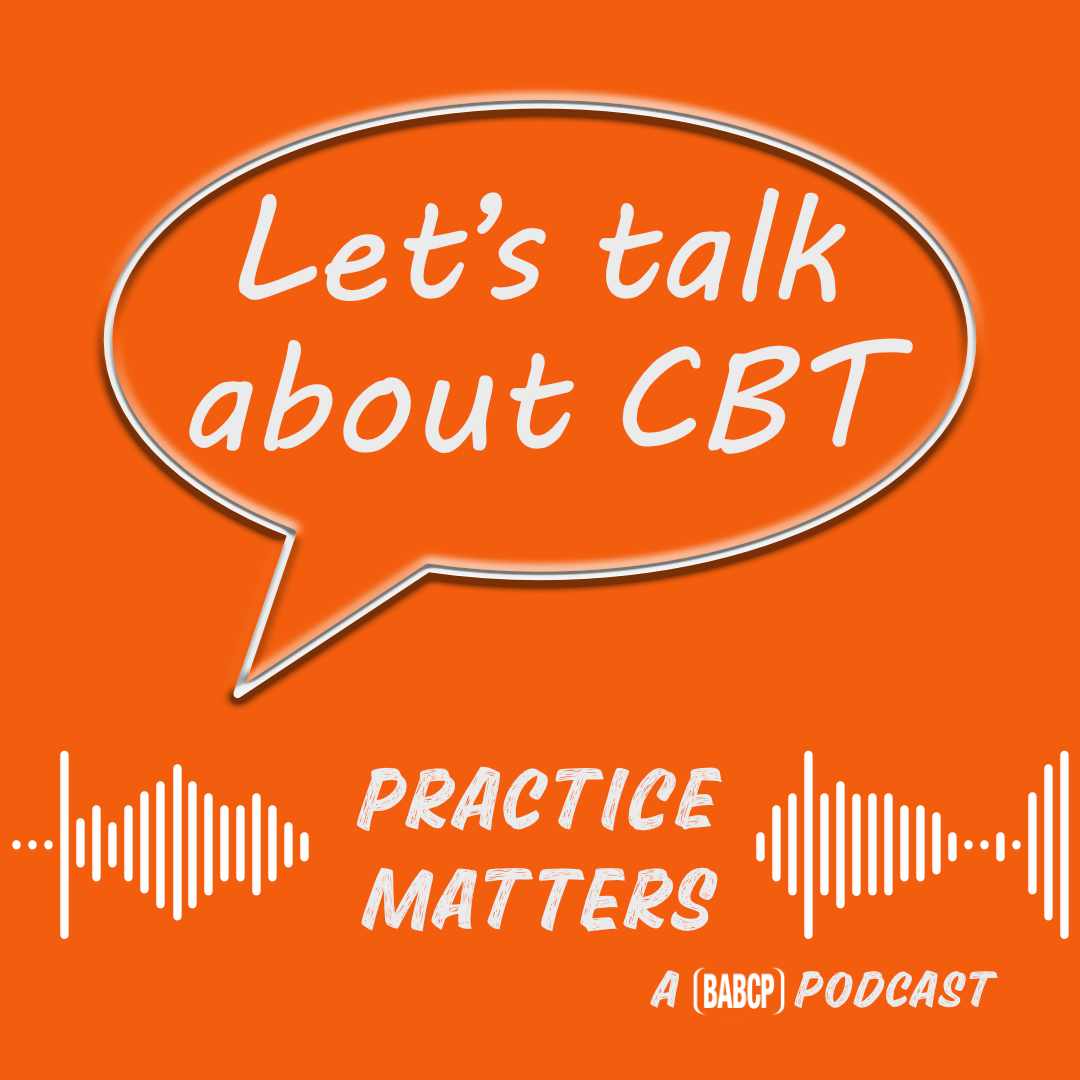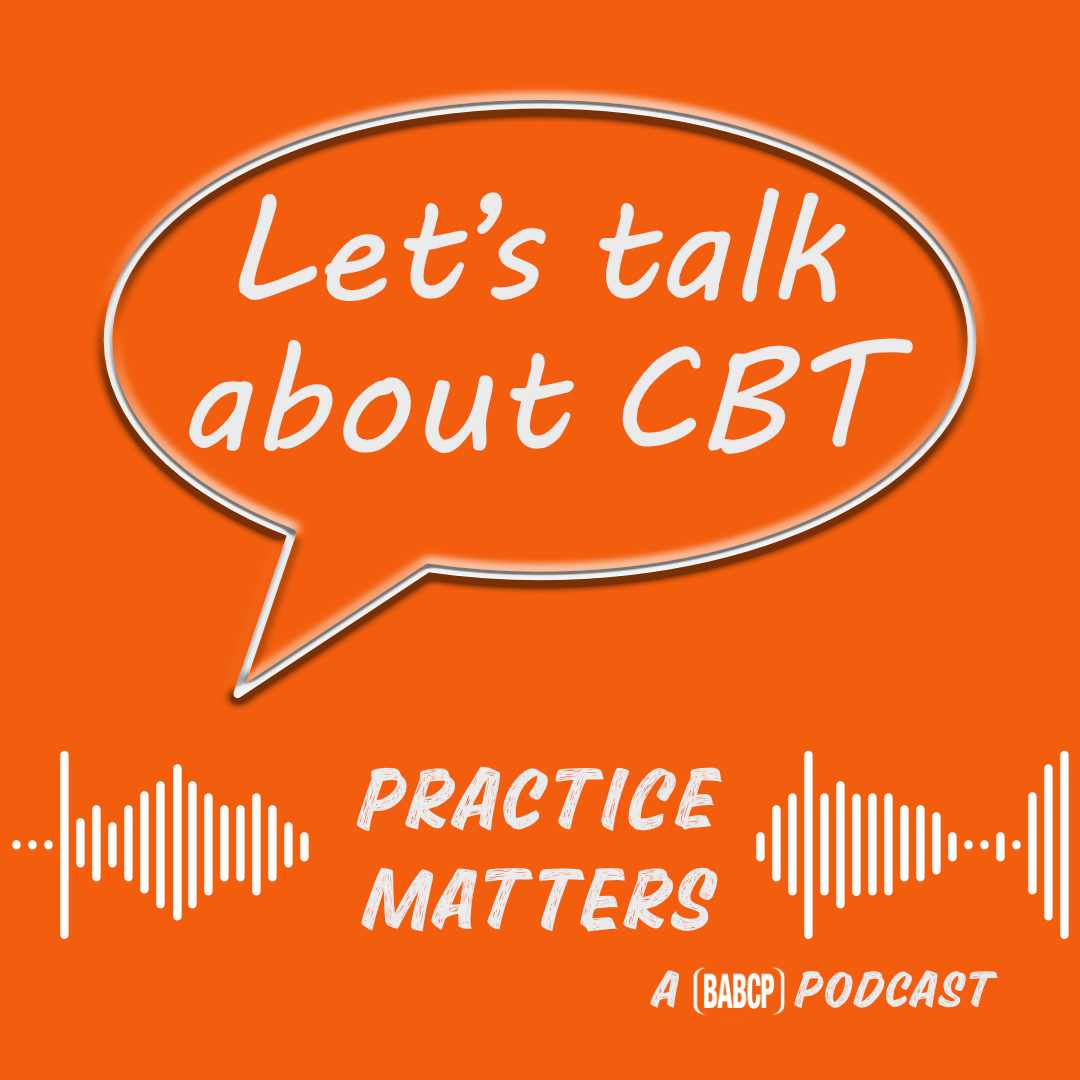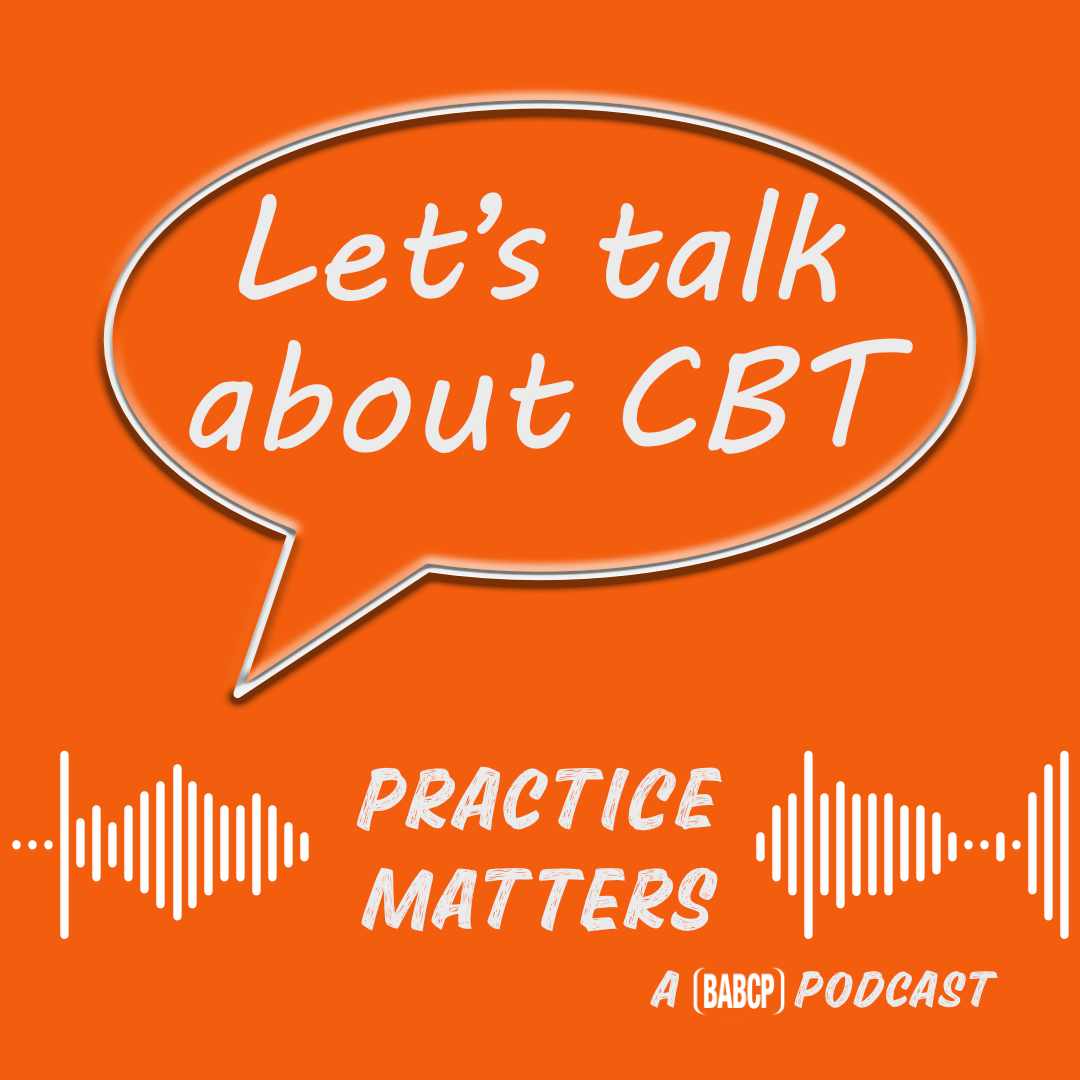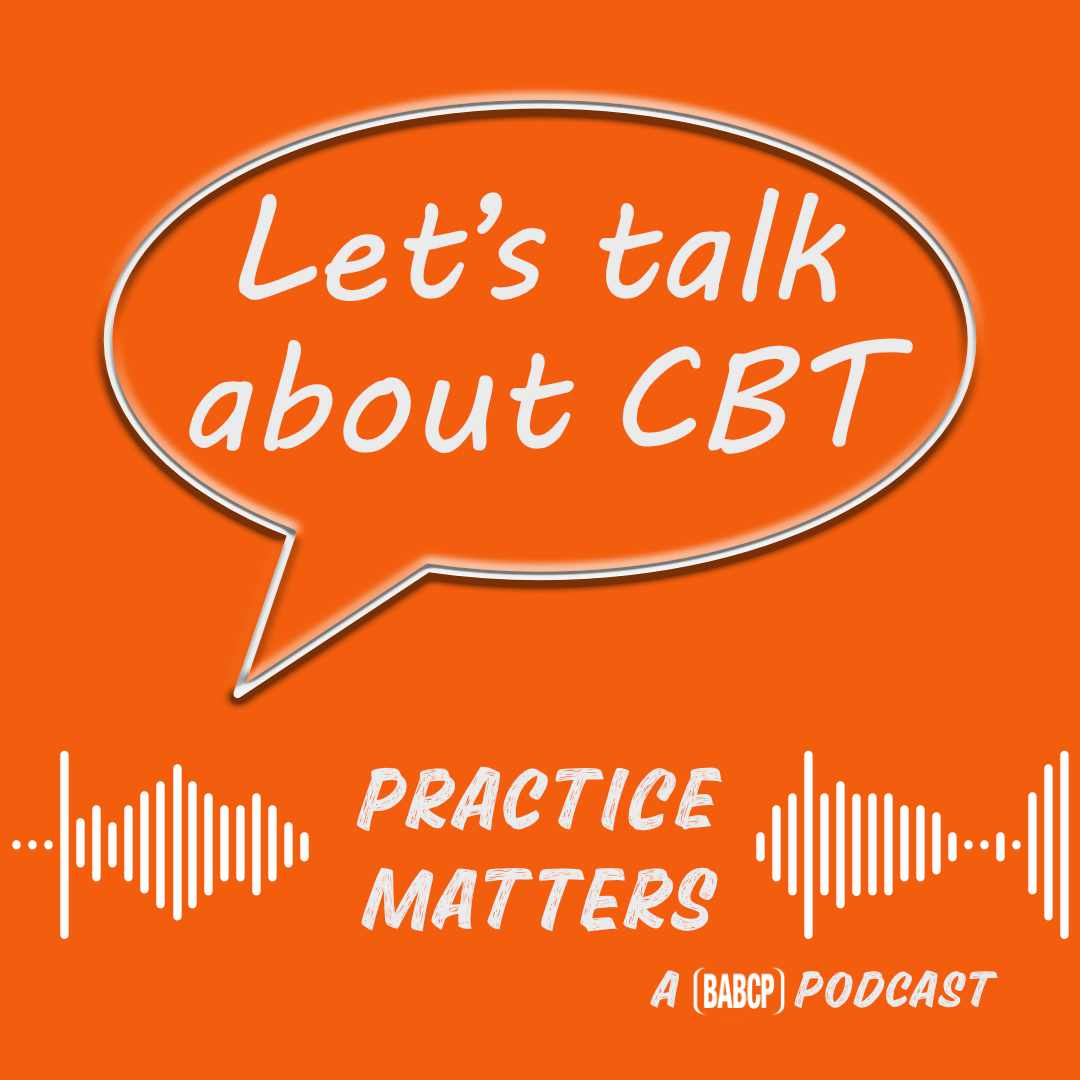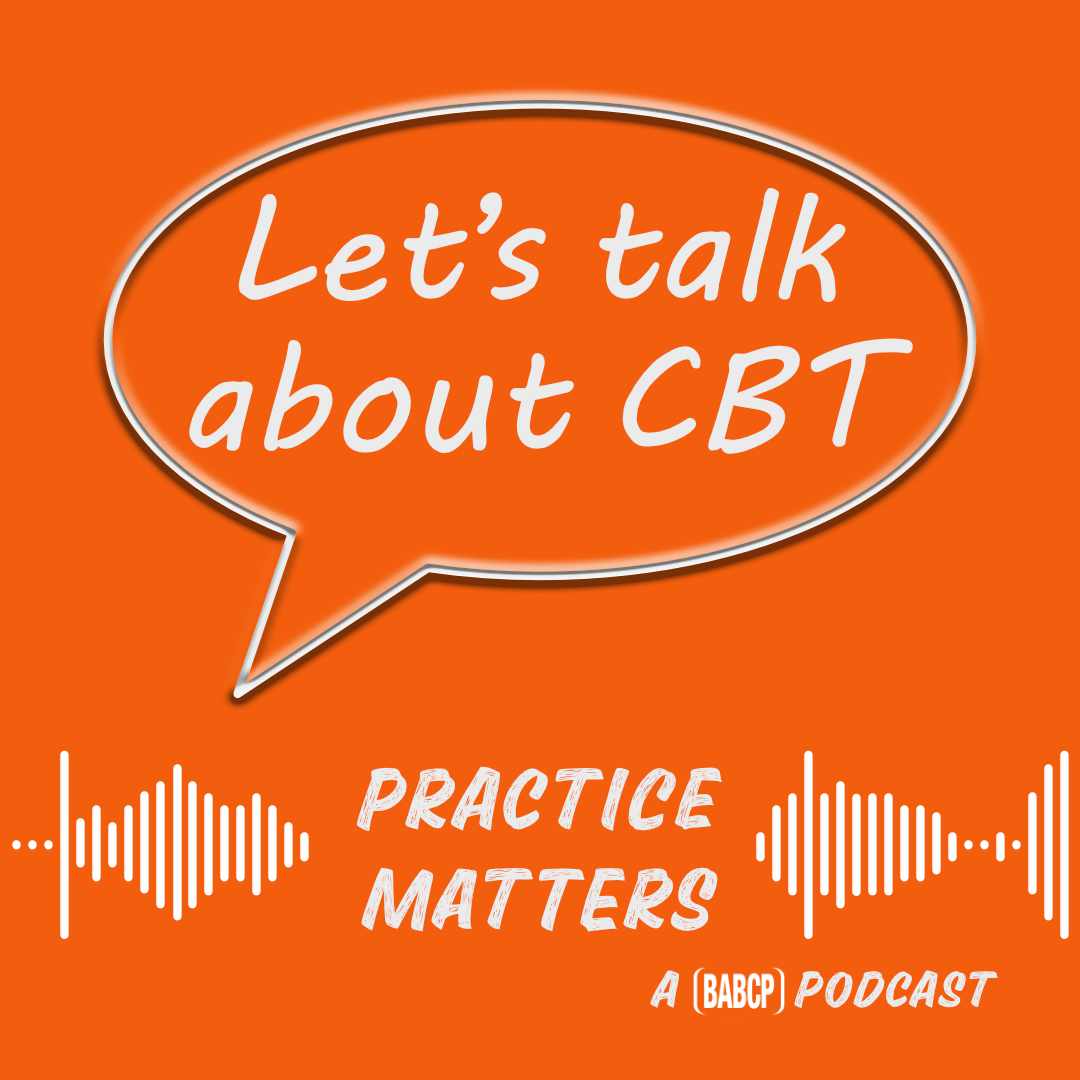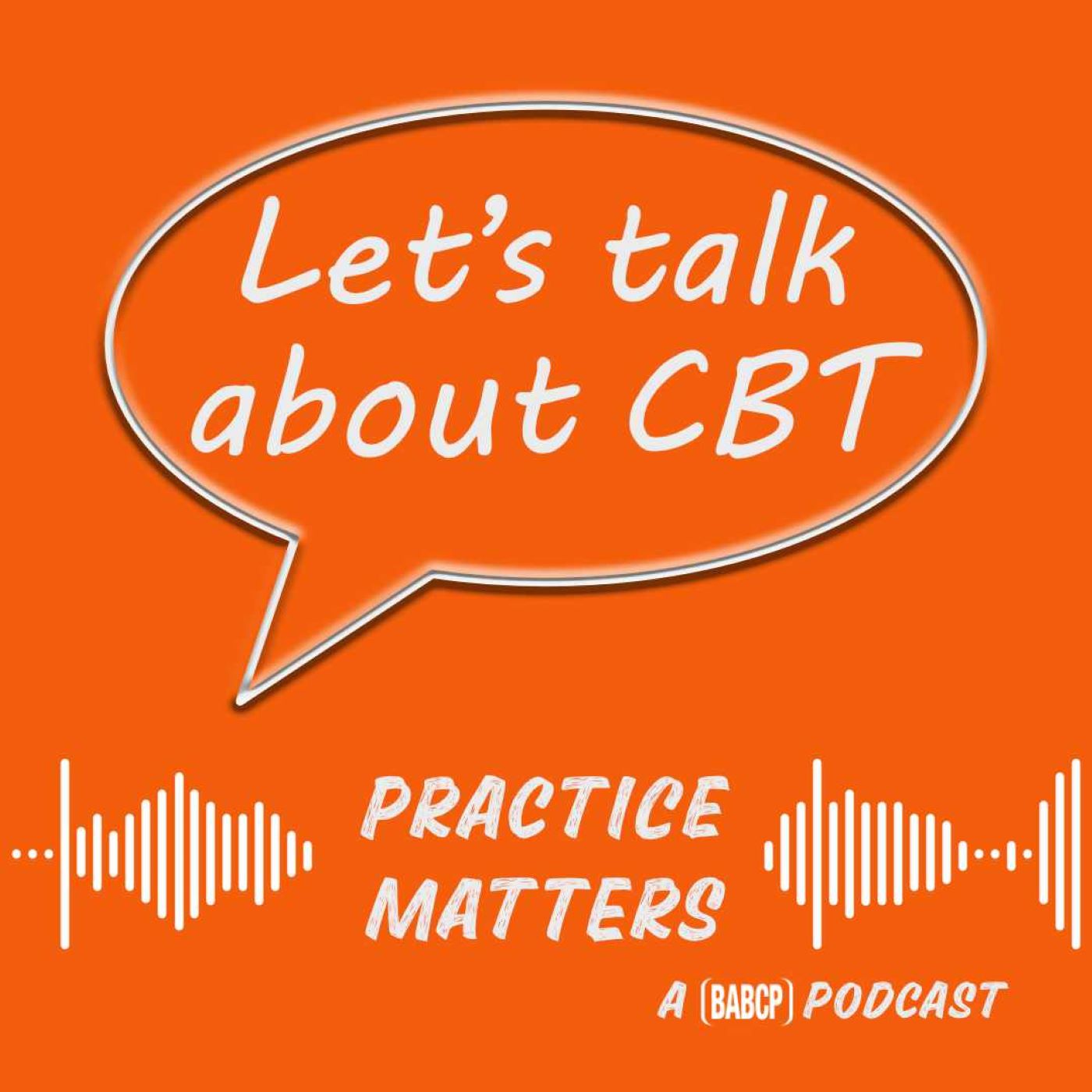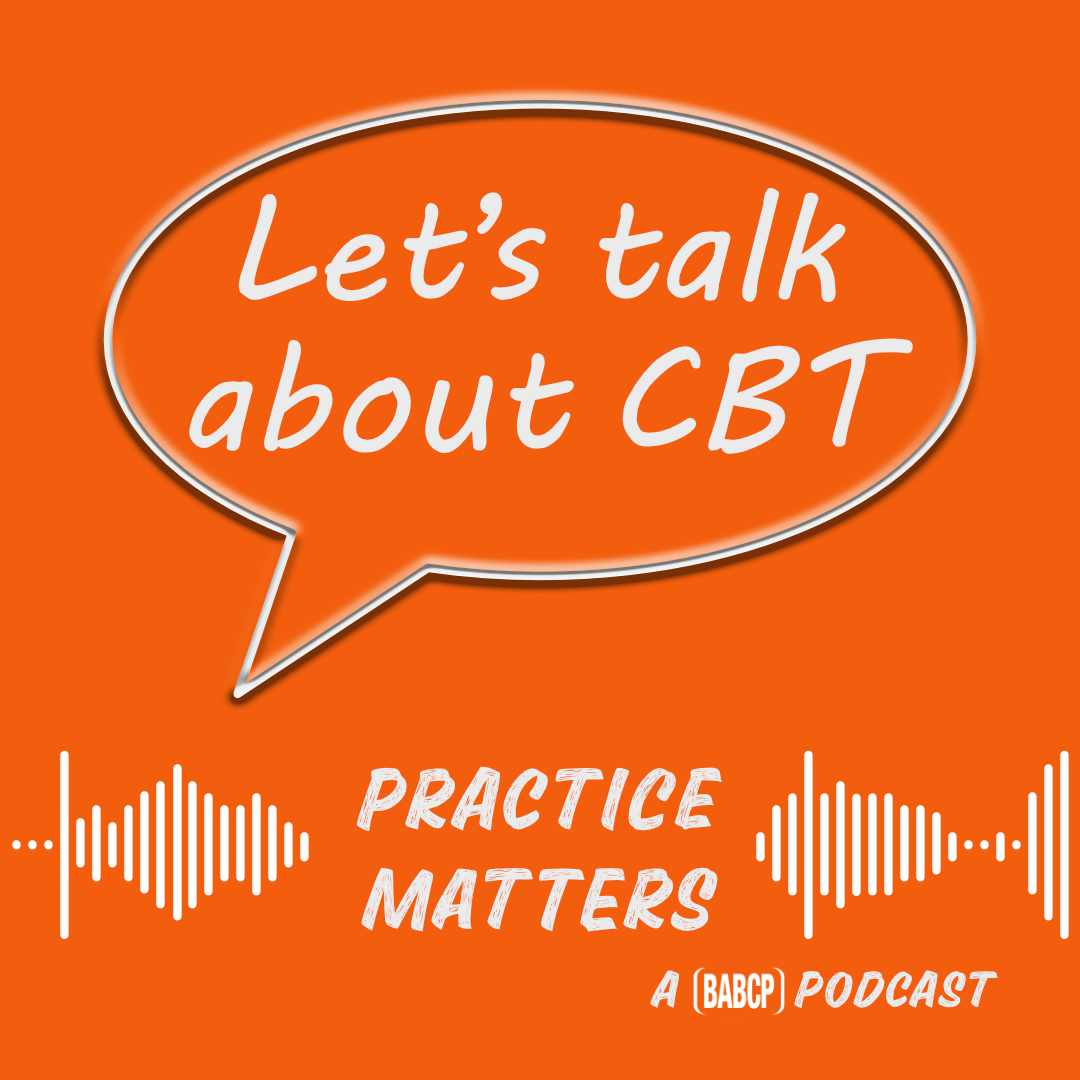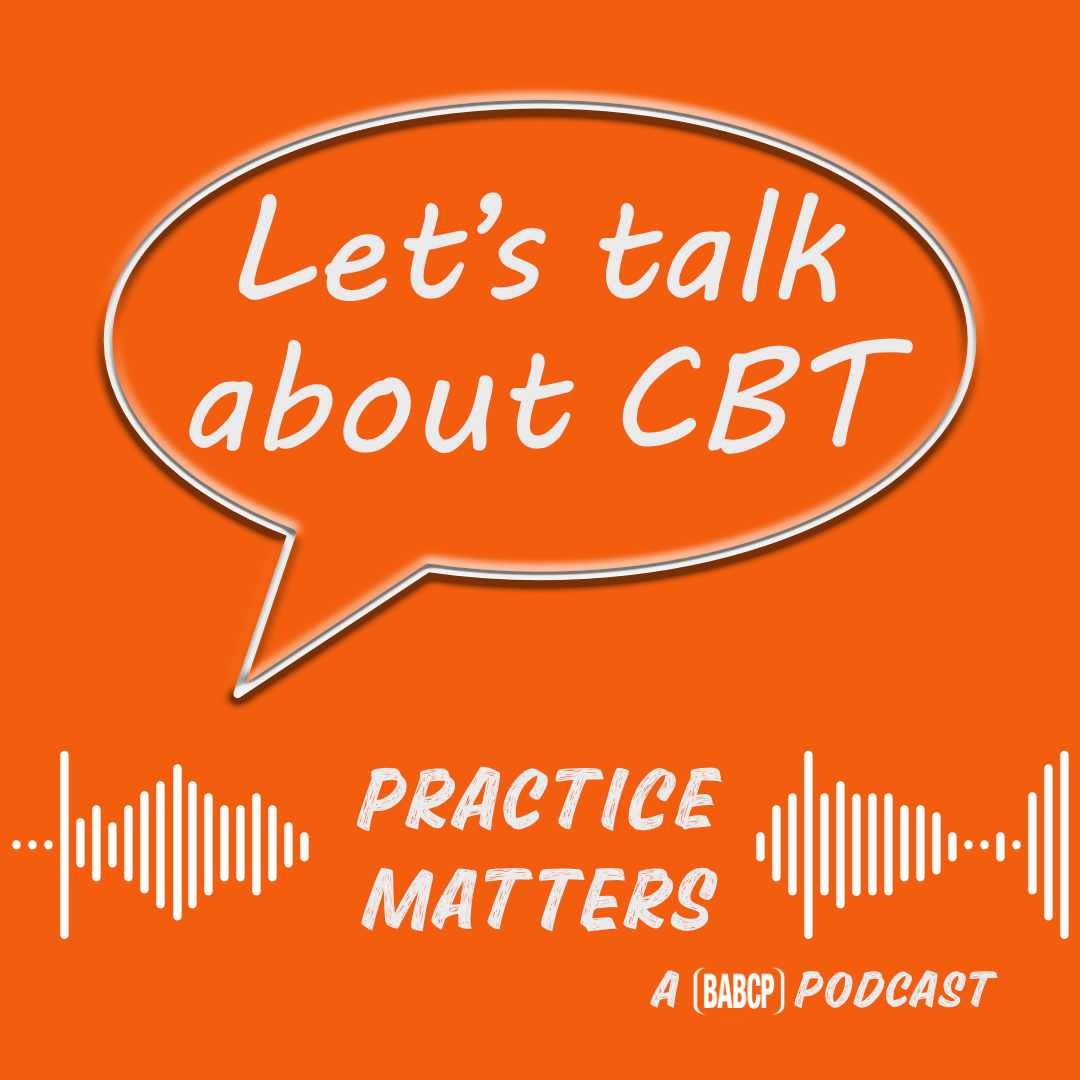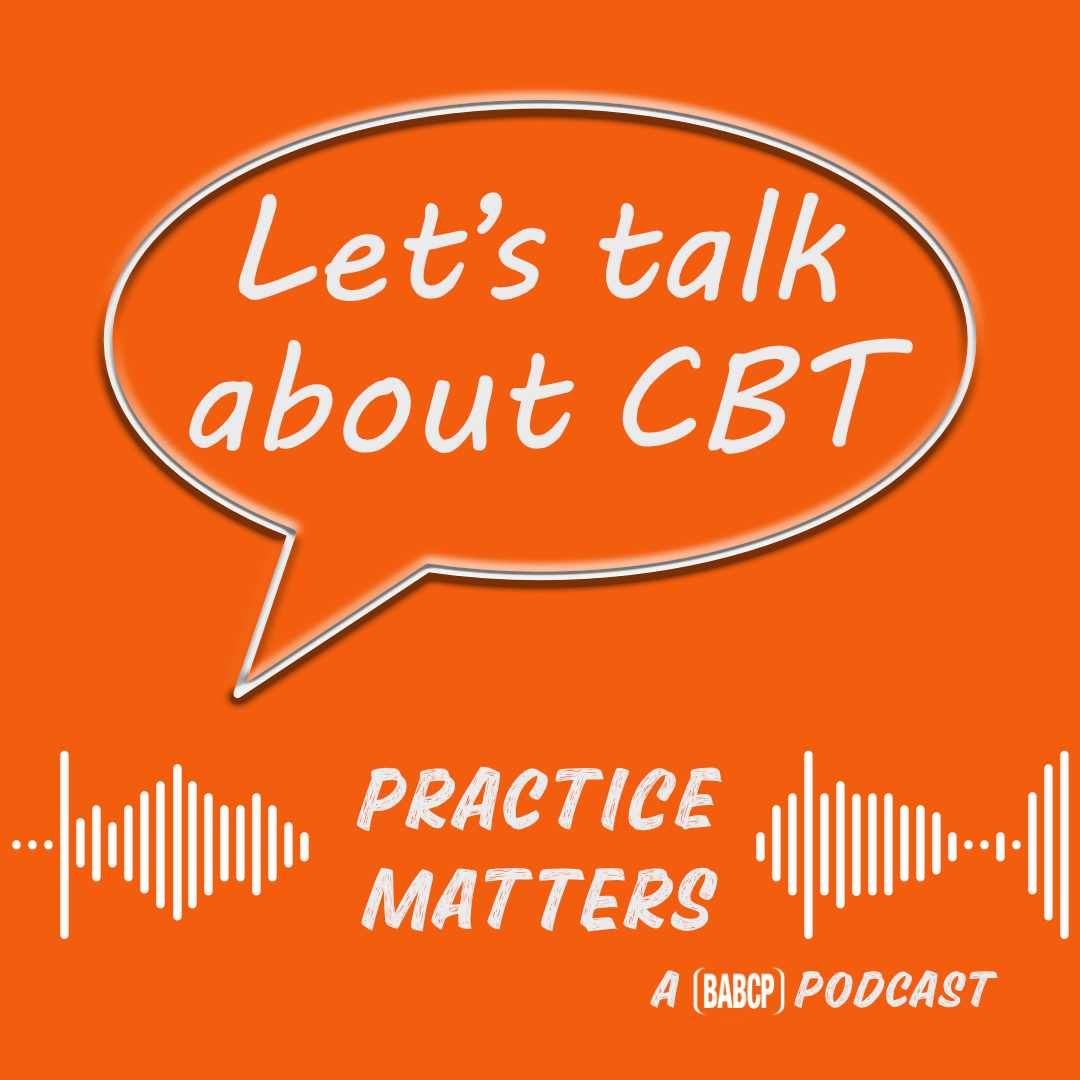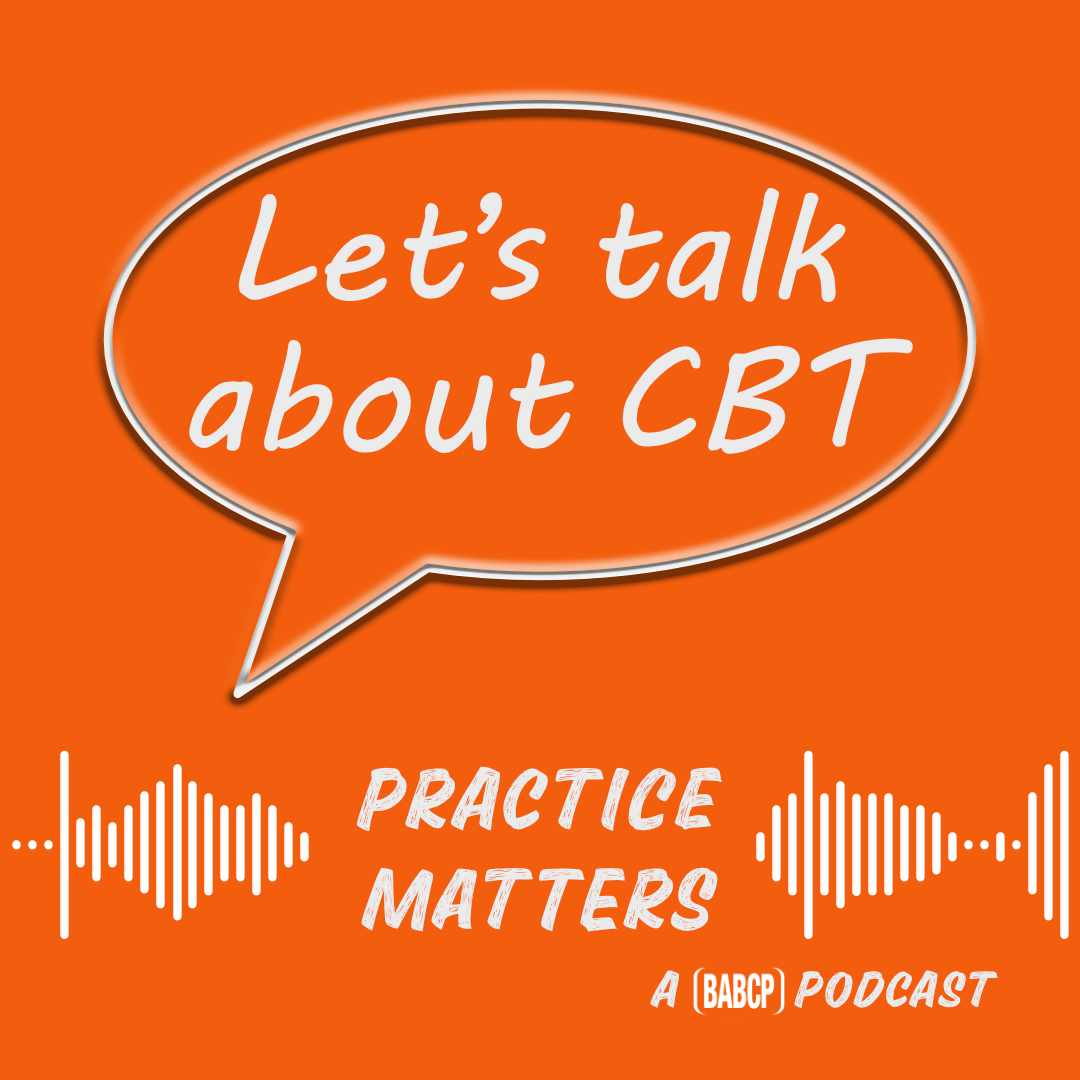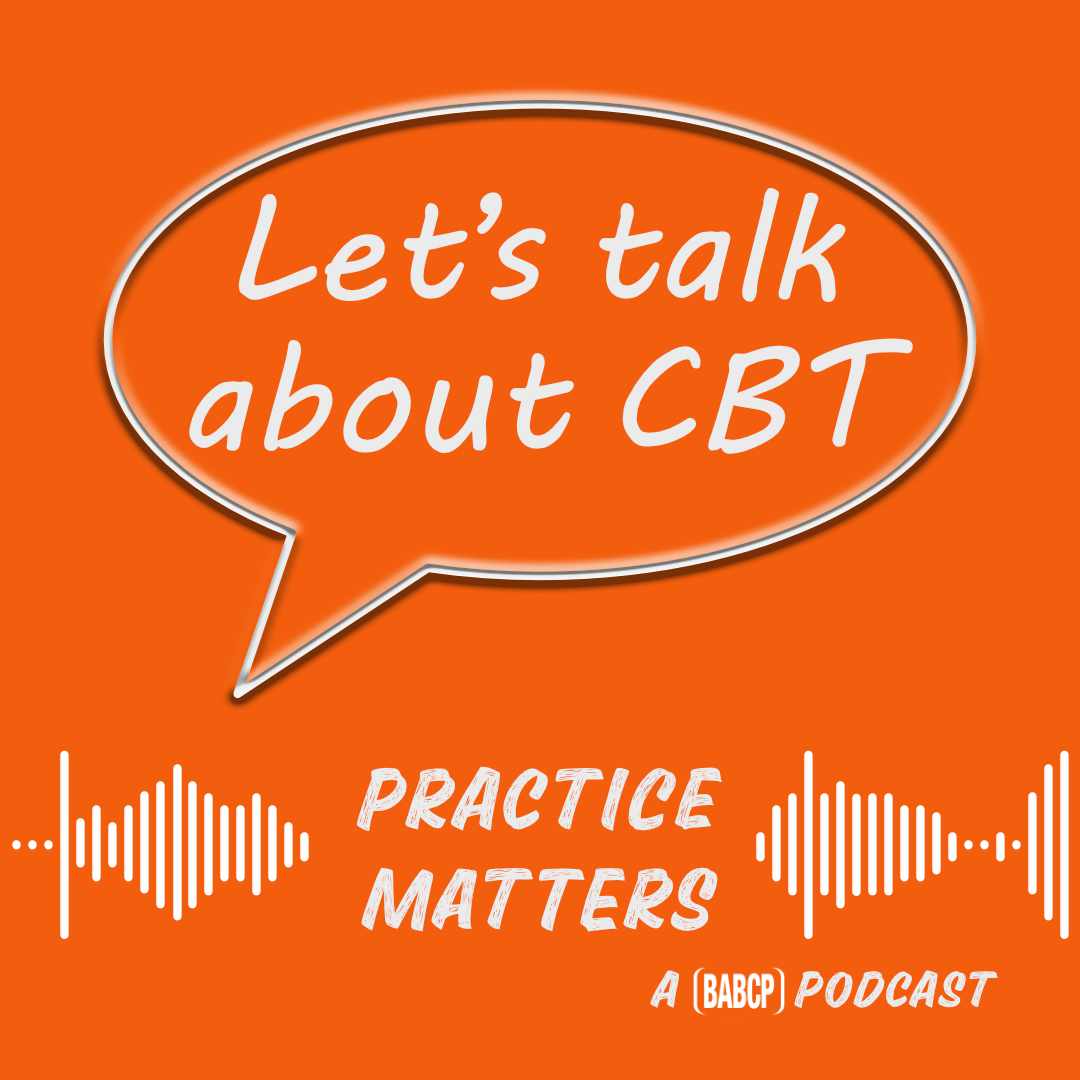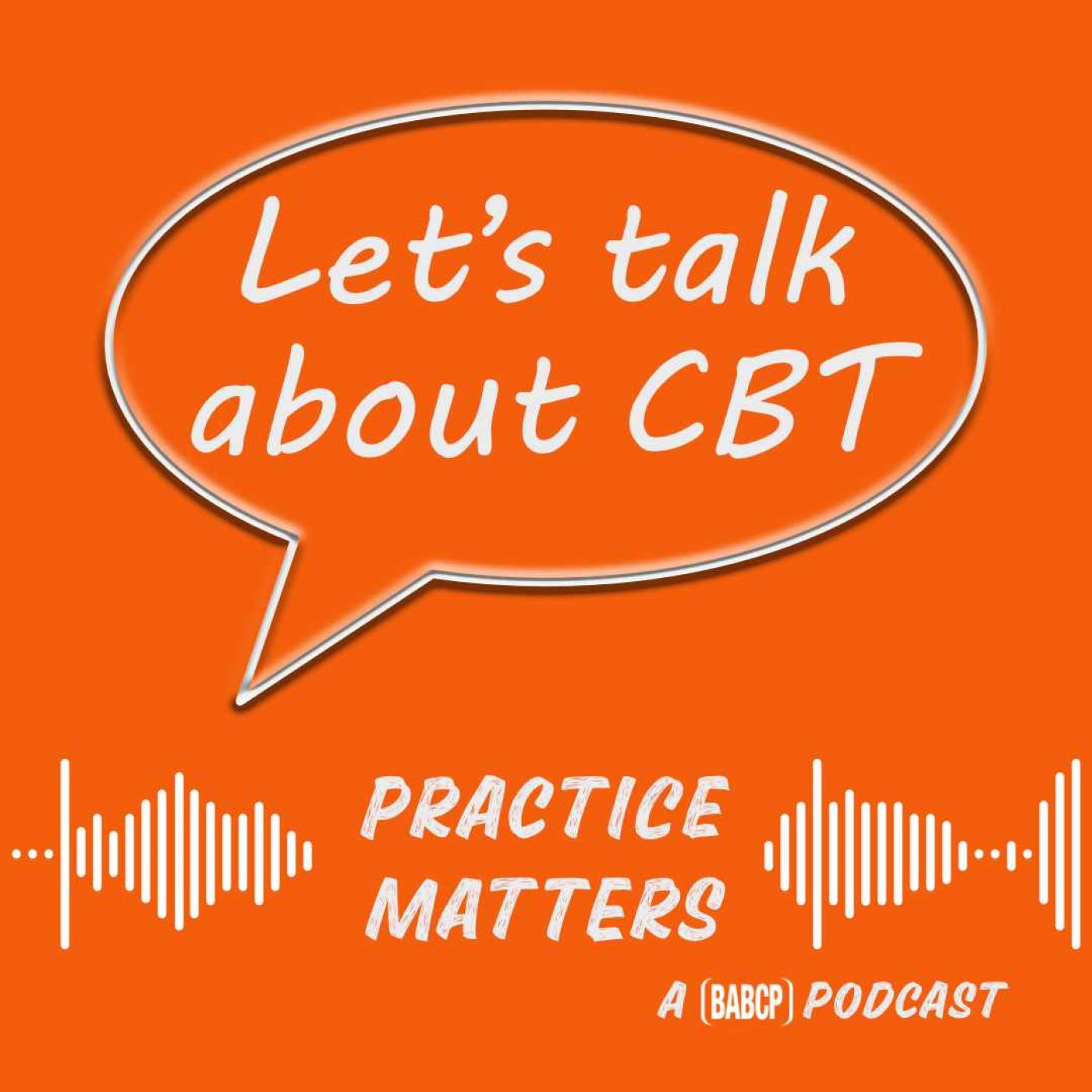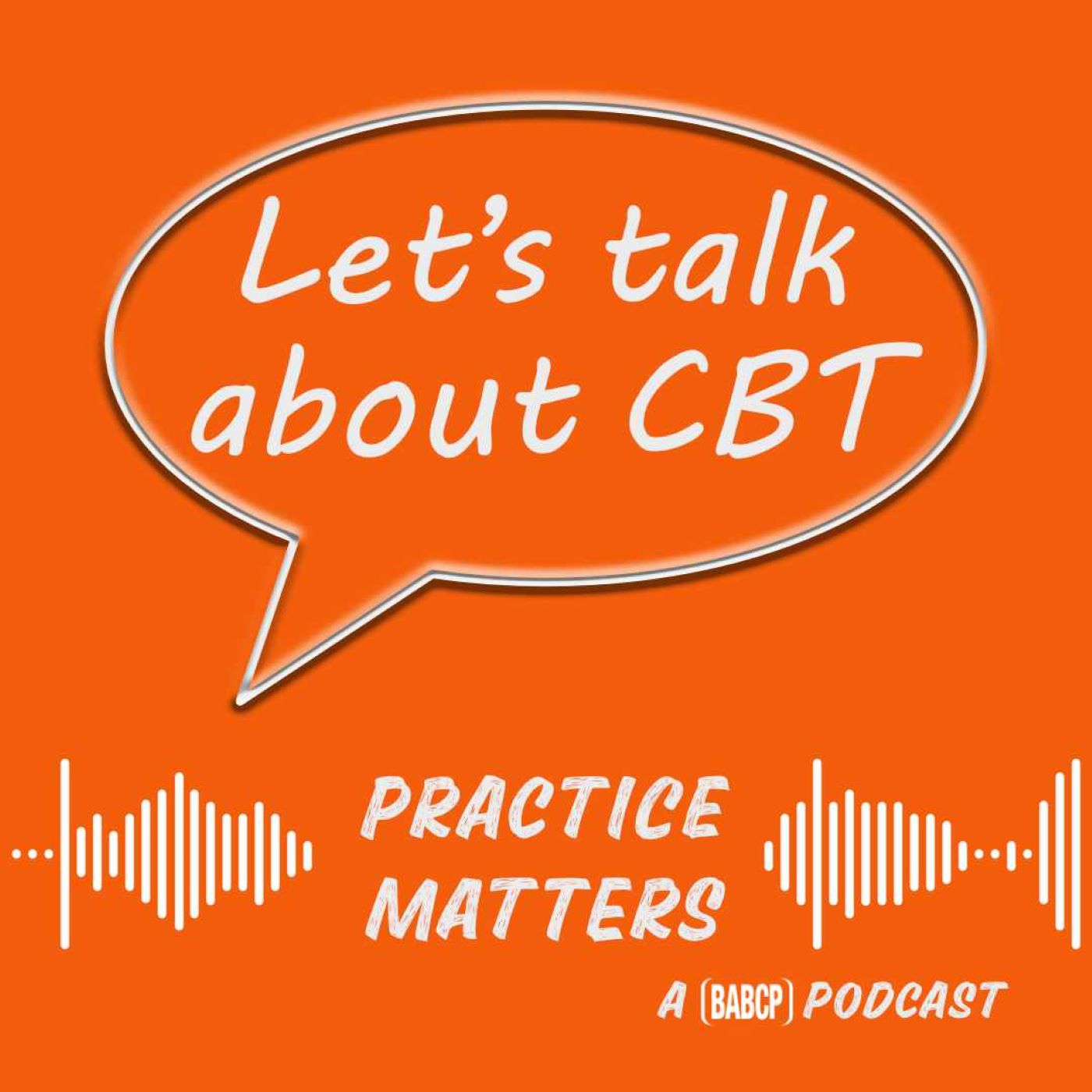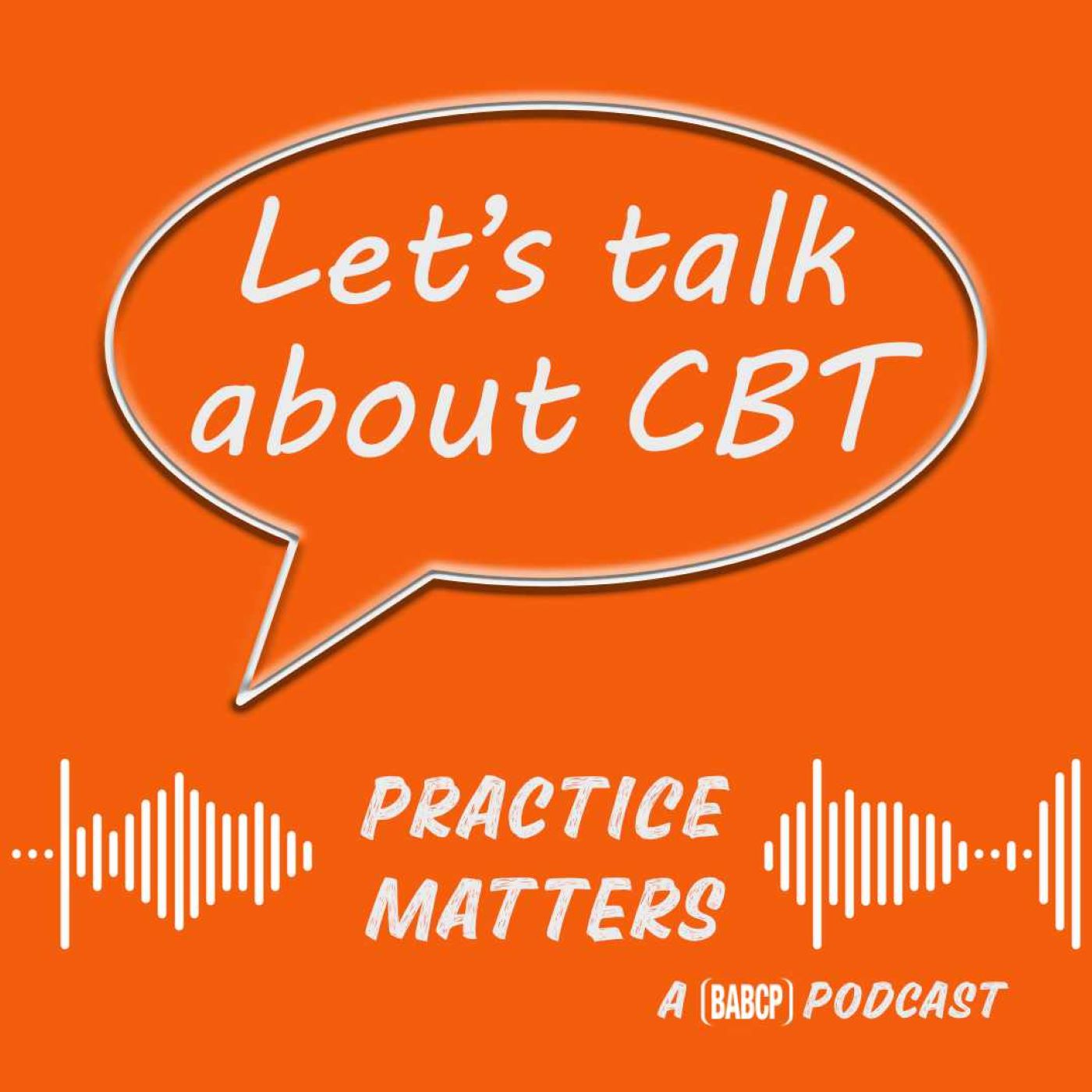Menopause & CBT. Professor Myra Hunter on why one size doesn’t fit all…
Description
In this episode, Rachel talks with Professor Myra Hunter about the role of CBT in addressing some of the troublesome symptoms of menopause and the evidence base supporting its use. The conversation emphasises the need to engage women and acknowledge their unique experiences of the menopause, as well as the importance of an evidence-based, biopsychosocial understanding of these experiences. It highlights the opportunity for women to revisit positively their sense of self and identity during this stage of life.
If you liked this episode and want to hear more, please do subscribe wherever you get your podcasts. You can follow us at @BABCPpodcasts on X or email us at podcasts@babcp.com.
Useful Links:
A full list of Myra’s publications can be found here: https://www.researchgate.net/profile/Myra-Hunter
Hickey, M., Hunter, M.S., Santoro, N. & Ussher, J. (2022) Normalising menopause, British Medical Journal. BMJ 2022;377:e069369
Brown, L, Hunter, M.S., Chen, R., Crandall, C.J., Gordon, J.L, Mishra, G., Rother, V., Joffe, H., & Hickey, M. (2024), Promoting good mental health over the menopause transition, The Lancet, 403: 969-83 DOI: 10.1016/S0140-6736(23)02801-5
“The slow Moon Climbs: the Science, History, and Meaning of Menopause” by Susan Mattern, Princeton University Press, 2019
Hunter MS and Smith M. Managing hot flushes and night sweats: a cognitive behavioural self-help guide to the menopause. Routledge (2014). 2nd edition (2020)
Hunter MS, Smith M. Living Well through the Menopause. Overcoming Series, Robinson UK (2021).
https://www.littlebrown.co.uk/titles/myra-hunter/living-well-through-the-menopause/9781472148384/
Credits:
Music is Autmn Coffee by Bosnow from Uppbeat
Music from #Uppbeat (free for Creators!): https://uppbeat.io/t/bosnow/autumn-coffee
License code: 3F32NRBYH67P5MIF
This episode was edited by Steph Curnow
Transcript:
Rachel: Welcome to Let's Talk About CBT Practice Matters, the BABCP podcast for therapists using cognitive behavioural therapy with me, Rachel Handley. Each episode, we talk to an expert in CBT who share insights that will help you understand and apply CBT better to help your patients.
Today I'm so pleased to welcome Professor Myra Hunter to the podcast to talk about CBT and the menopause. Our agenda today is what is menopause and why is CBT relevant? The evidence base for CBT for menopause symptoms, adaptions to CBT in this area, common challenges and solutions, and what we can learn more generally from this work. But first, to introduce Professor Hunter. Professor Hunter is Emeritus Professor of Clinical Health Psychology with King's College London.
She's published over 200 journal articles and eight books and her research on menopause has established her as an international expert in the field. She was expert psychology advisor for the NICE guidelines on menopause in 2015. She's developed and trialled cognitive behavioural interventions for hot flushes and night sweats and conducted research aimed at improving the experience of menopause for working women.
Welcome Myra.
Myra: Hi Rachel, hello to everyone and thank you for inviting me today to speak about CBT for menopause.
Rachel: We'd love to hear a little bit about your journey into this work Myra and what you got you interested personally and professionally in working with women in the perimenopause.
Myra: Interesting question, so I qualified as a clinical psychologist way back in 1977 and after that I went to work at the Institute of Psychiatry doing studies on pain, managing pain, headache pain at that time. So I've always been interested in the relationship between emotional problems and, physical health problems and emotional problems. And after that I went to work at King's College Hospital, basically as a clinical health psychologist working within the general hospital and taking referrals from psychological medicine departments. And, it happened that, I got quite a lot of referrals from the women's health, obstetrics and gynaecology, and at that time there was one of the first menopause clinics developed, and that, this was really unusual to have a menopause clinic in a hospital, I think there were only about two, two or three, during that period.
And linking with your question, I was referred to women who often were depressed, anxious, going through the menopause. And I'd be asked this question by the gynaecologist, Is this woman depressed because of her hormones, or is it her? Something like that. And so, looking into this, and it was really fascinating, as a topic in general, I think, you know, especially for a psychologist to look at, because it's something that happens to everyone, every woman, more or less and it can be appraised in so many different ways. It can be a problem or not a problem. So the sociocultural aspects. So the psychosocial aspects are very important. And so I looked into this and then decided as I wanted to do a PhD at the time too, to do my PhD on that, which was looking at what symptoms are actually menopausal and what aren’t. And I got hooked to be honest thereafter. looking at really the psychosocial aspects of menopause and looking quite early on, really, at trying to develop. Looking at the factors that made the experience of menopause more problematic for women and then trying to find ways to help women to negotiate menopause transition, in the particular symptoms. So that, that's taken many, many years. And, and here we are.
Rachel: So it sounds like the work really came to you and, and drew you in as you say, and part of that was the fact that this here's something that happens to all women who live long enough and it's a, a really, significant issue for a lot of women. But at that time, it was a relatively taboo subject I would imagine in terms of general conversation, but it's changed a lot, hasn't it? It has become quite a hot topic in the media in recent years
Myra: Very, very much. I was thinking back to I was quite young, obviously, when I started to study this, and I'd go to parties, and people would say, Oh, what do you do? what's your PhD on? And I would hesitate, actually, to say menopause, because it wasn't, it was quite unusual to talk about it, indeed.
And I think there's a dramatic change, actually, just in the last few years, really, in terms of awareness, talking about menopause. A lot of interest and in many ways it's a really good thing that people, women are becoming more aware of it. but it's a complex issue.
Rachel: yeah, it's complex, isn't it? And despite the fact that we are talking about it more and maybe in part because of how much is said about it, people are still unaware or a bit confused about what menopause is and how it might affect women. Are you able to define menopause for us and the common symptoms that are associated with menopause

